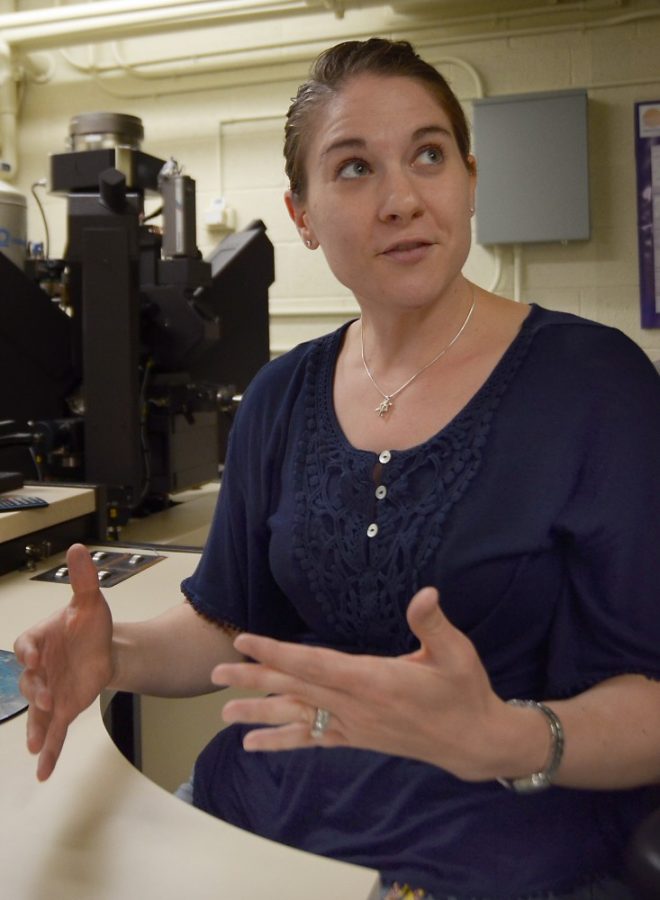Michael Drake made substantial contributions to the study of planetary sciences at the UA, leaving behind a legacy that will propel the program forward for years to come.
Drake, who was the head of the Department of Planetary Sciences and director of the UA Lunar and Planetary Laboratory, died at 65 last Wednesday at the University Medical Center-University Campus.
In his nearly 40 years at the university, Drake was involved in multiple facets of the planetary sciences program. On top of directing the laboratory and heading his department, Drake mentored graduate students, taught general education courses and conducted critical research. Drake also led the OSIRIS-REx mission, a project that received the largest grant in UA history — $800 million.
“I would consider him a cosmo-chemical giant,” said Kathryn Gardner-Vandy, a planetary sciences graduate student who worked closely with Drake during her dissertation research.
The OSIRIS-REx mission will land a probe on an asteroid in 2016 and return with samples in 2023. Dante Lauretta, an associate professor of cosmochemistry, has taken over as the principal investigator for the project. Lauretta said Drake was aware that he might not see the mission’s completion and made sure Lauretta and his team could continue OSIRIS-REx in his absence.
“It is my duty and my personal responsibility to carry his legacy forward,” Lauretta said.
Tim Swindle, assistant head of the Department of Planetary Sciences, said the department will continue to thrive even in Drake’s absence because of the quality and effectiveness of its faculty. According to Swindle, Drake laid a foundation for the department’s excellence.
“Part of his lasting legacy is the strength he gave this department,” he said.
According to Joaquin Ruiz, executive dean of the Colleges of Letters, Arts and Science, the UA has established a committee to find a replacement department head and is hoping to appoint a current member of the university. Drake left the department, the laboratory and the OSIRIS-REx mission in good hands, Ruiz said.
According to several of his colleagues, Drake was known for his outstanding leadership, his persistent optimism and his unwavering commitment to the planetary sciences program.
“He always kept the best interest of the department and the university at heart,” Gardner-Vandy said.
Doing what was best for the university meant Drake was honest, sometimes blunt, she added. According to Gardner-Vandy, Drake voiced his opinions without hesitation and never let a problem go unnoticed.
“He wouldn’t leave any elephants in the room,” she said.
As a teacher, many of Drake’s colleagues said he was approachable and encouraging, constantly challenging both undergraduate and graduate students to be the best they could.
“He believed his students could learn,” Swindle said, “and he wanted them to learn.”
According to Lauretta, the Department of Planetary Sciences plans to celebrate Drake’s life at a memorial service in late October or early November.
“Mike was like a father to me,” Lauretta said. “We’re never going to replace him.”









